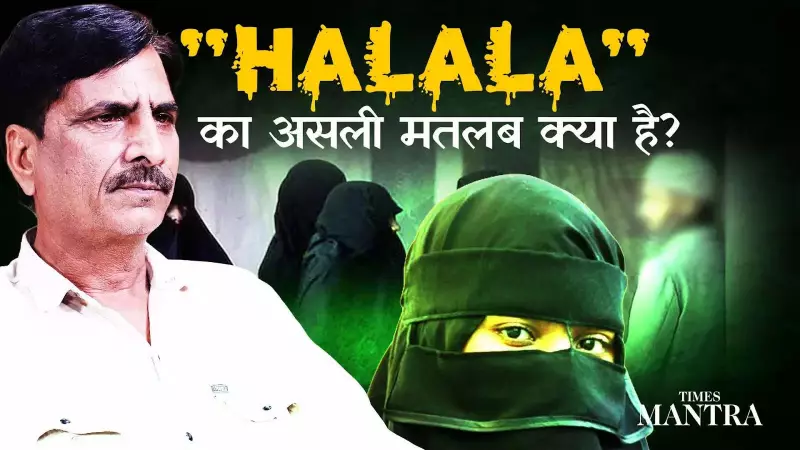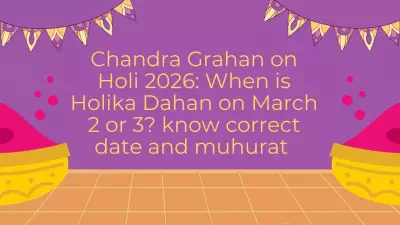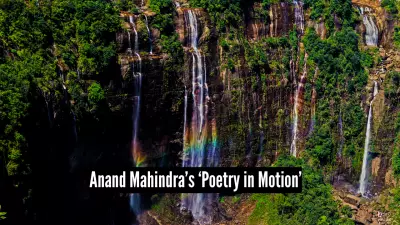
In a groundbreaking revelation that has sparked widespread discussion, former Muslim Saleem Wastik has come forward with shocking details about three controversial Islamic practices. The expose, published by Times Mantra on November 17, 2025, provides unprecedented insight into rituals that have remained largely misunderstood by the general public.
The Untold Realities of Islamic Marriage and Divorce
Saleem Wastik, drawing from his personal experiences and deep understanding of Islamic traditions, breaks down the complex systems of Halala, Nikaah, and Triple Talaaq. His eye-opening video presentation aims to demystify these practices that have significant implications for millions within the Muslim community.
The video specifically addresses how these rituals genuinely function in practice, moving beyond theoretical explanations to reveal their real-world applications and consequences. Wastik provides clear, firsthand accounts that challenge common perceptions and bring to light aspects rarely discussed in public forums.
Breaking Down Controversial Practices
Wastik's analysis covers the complete spectrum of these Islamic traditions, explaining their origins, current implementations, and societal impacts. His approach combines personal narrative with factual explanation, creating a comprehensive understanding of topics that often generate heated debate.
One of the most significant aspects of the revelation involves the practice of Triple Talaaq, where Wastik explains both the traditional interpretation and how it affects the lives of Muslim women. The presentation also delves into the often-misunderstood concept of Halala, providing clarity on its religious significance and practical implications.
The discussion of Nikaah (Islamic marriage contract) reveals nuances that are frequently overlooked in mainstream conversations about Islamic marital practices. Wastik's explanations help bridge the gap between religious doctrine and lived experience.
Societal Impact and Broader Implications
Beyond the individual practices, the Times Mantra video explores how these rituals influence broader social structures within Muslim communities. Wastik addresses the myths and misconceptions that have developed around these topics, offering evidence-based corrections to common misunderstandings.
The timing of this revelation is particularly significant given ongoing debates about religious practices and women's rights in contemporary society. By sharing his perspective as someone who has experienced these practices firsthand, Wastik provides unique insight that challenges both supporters and critics to reconsider their positions.
The video has already generated significant engagement across social media platforms, with viewers praising its educational value and courageous approach to sensitive topics. Many have described it as an essential resource for understanding complex religious practices that have profound effects on individuals and communities.
As the conversation continues to evolve, Wastik's revelations promise to inform future discussions about religious reform, gender equality, and cultural practices within Islamic communities worldwide.






